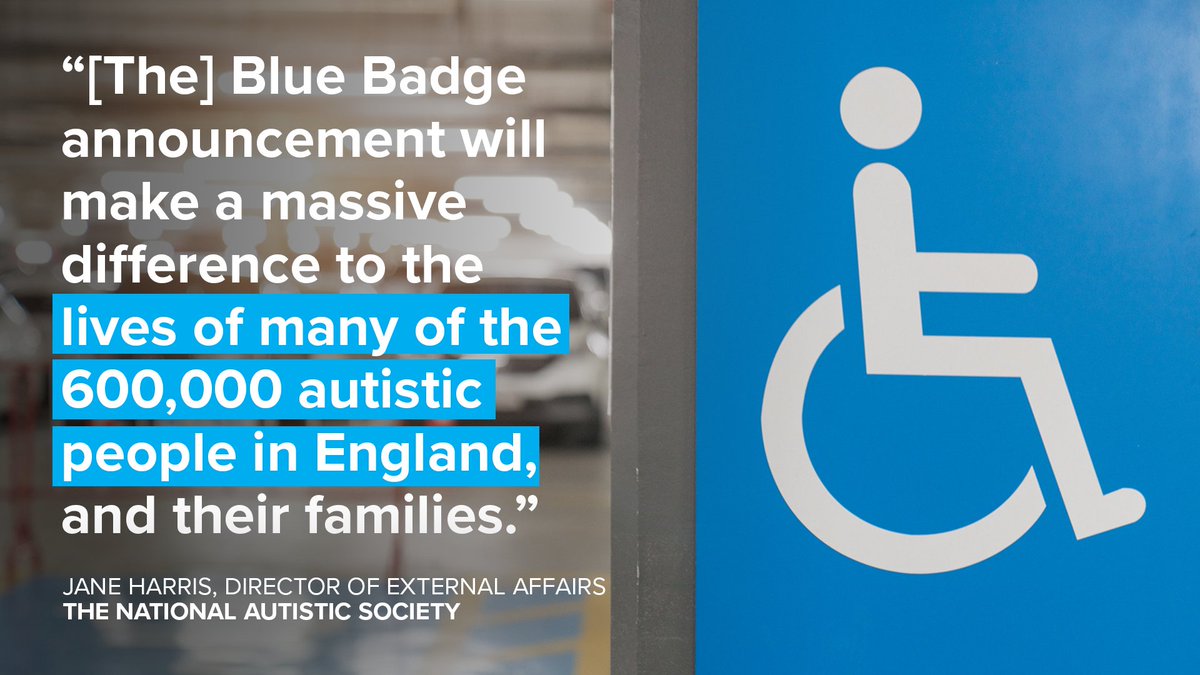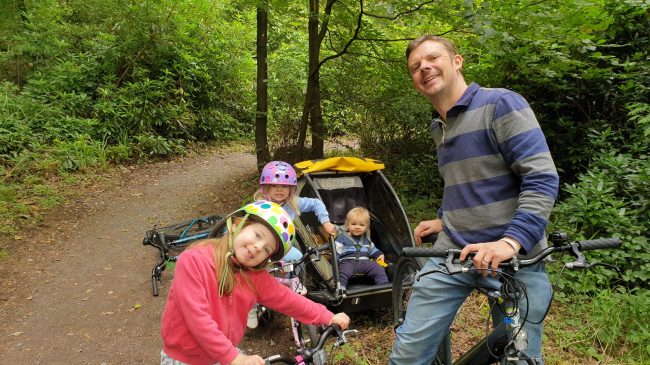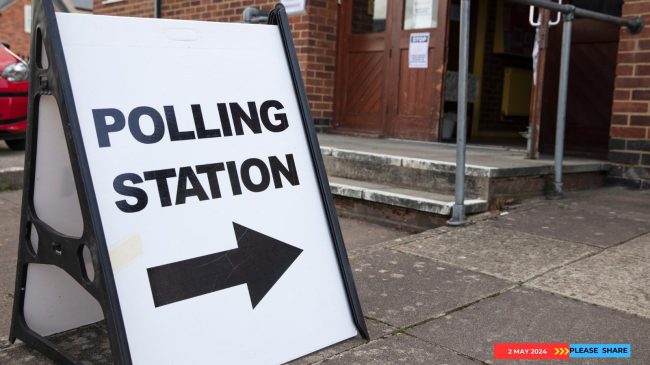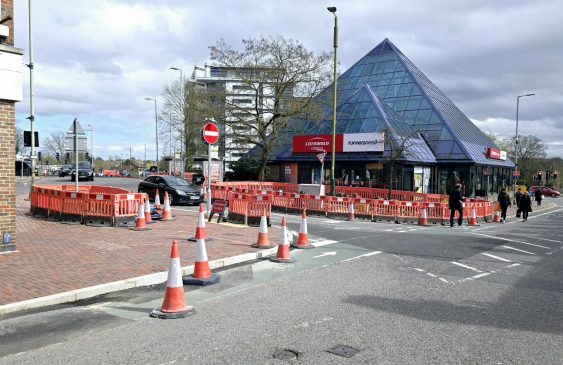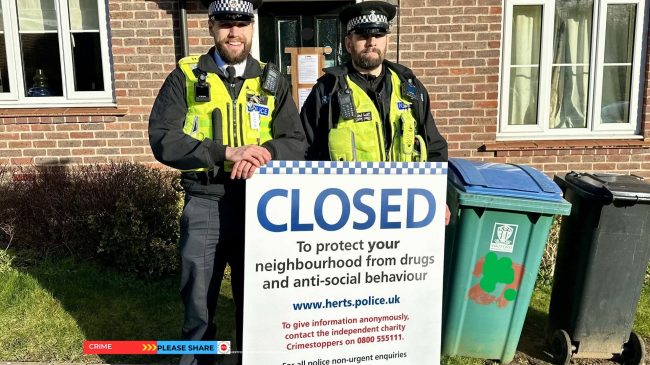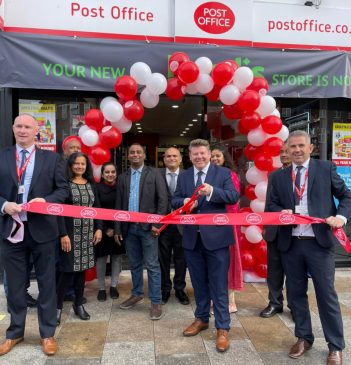Non-visible disabilities to be covered under Hertfordshire’s blue badge scheme
Today it was announced that those with hidden disabilities – including autism and mental health conditions – will be able to apply for blue badges.
- is the biggest overhaul to the system in 40 years, offering accessible parking for people who find travel difficult
Herts County Cllr Ralph Sangster, who is cabinet member for resources, said: “It’s really positive that people with mental health and other conditions that aren’t always visible will now be able to access a blue badge.
“We hope that by opening up the blue badge scheme it will give those who do suffer from non-visible conditions the confidence to get out in their local communities and keep their independence.”
Passengers and drivers who might struggle to get from their vehicle to their destination will be entitled to apply from August 30.
Full details are available online at hertfordshire.gov.uk/bluebadge
Transport Minister Jesse Norman said:
Blue badges are a lifeline for disabled people, giving them the freedom and confidence to get to work and visit friends independently.
The changes we have announced today will ensure that this scheme is extended equally to people with hidden disabilities so that they can enjoy the freedoms that many of us take for granted.
Minister for Disabled People, Health and Work, Sarah Newton said:
It’s absolutely right that disabled people are able to go about their daily life without worrying about how they will get from one place to another.
We’re taking an important step forward in ensuring people with hidden disabilities get the support they need to live independently.
New criteria for blue badge applications is coming on 30 August 2019.
Having a certain condition doesn’t automatically entitle you to a blue badge, but you might get a badge if you severely struggle to get from your vehicle to your destination.
You would also need to either:
- be a constant risk to yourself or other people in traffic or car parks
- severely struggle to plan or follow a journey
- find it difficult to control your actions and lack awareness of the impact you could have on others
- regularly have intense, overwhelming responses to situations causing temporary loss of behavioural control
- frequently become extremely anxious or fearful of public/open spaces.
